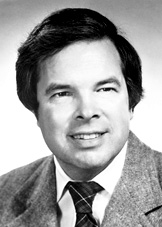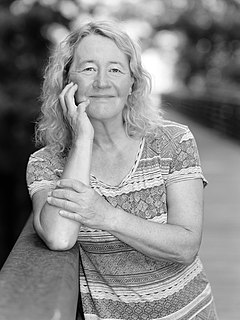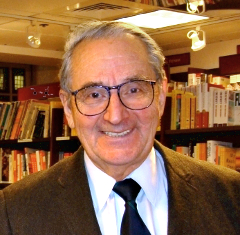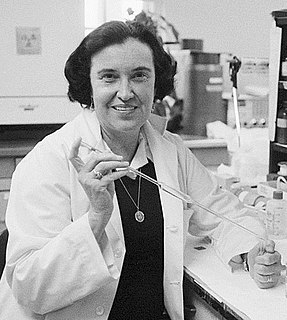A Quote by Kenneth G. Wilson
My father was on the faculty in the Chemistry Department of Harvard University; my mother had one year of graduate work in physics before her marriage.
Related Quotes
From age 16 on, I found school boring and failed A-level Physics at my first attempt. This was necessary for university entrance, and so I stayed an extra year to repeat it. This time, I did splendidly and was admitted to Sheffield University, my first choice because of their excellent Chemistry Department.
[My father] was a banker. He was the president of the Cambridge Trust Company, the head of the trust department, and he taught classes at the Harvard Business School. And he was a member of the Harvard Faculty Club, which I am, too, because what I did is... I have the same name as my father, only Jr.
I had a certificate that said, 'Doctor of Mixology, Harvard University,' that I actually got from Harvard University. A friend of mine was a research assistant over there and it was one of those student or university perks and she brought me in on that. So I am a doctorate from Harvard and it only took me one afternoon.
There's an interesting book about that called The Third Reich and the Ivory Tower, written by Stephen H. Norwood. It has a long discussion about Harvard, and indeed the school's president, James Conant, did block Jewish faculty. He was the one who prevented European Jews from being admitted to the chemistry department - his field - and also had pretty good relations with the Nazis.
That said, there are a few clear factors that determine the potential of a university to reach the highest levels of excellence. In the case of Harvard University, it was true that by the time of its tercentenary (300th anniversary of its founding) in 1936, Harvard had already achieved a reputation as a world-class institution. Harvard did not have the stature that it does today.
Perhaps the earliest memories I have are of being a stubborn, determined child. Through the years my mother has told me that it was fortunate that I chose to do acceptable things, for if I had chosen otherwise no one could have deflected me from my path. ... The Chairman of the Physics Department, looking at this record, could only say 'That A- confirms that women do not do well at laboratory work'. But I was no longer a stubborn, determined child, but rather a stubborn, determined graduate student. The hard work and subtle discrimination were of no moment.





































